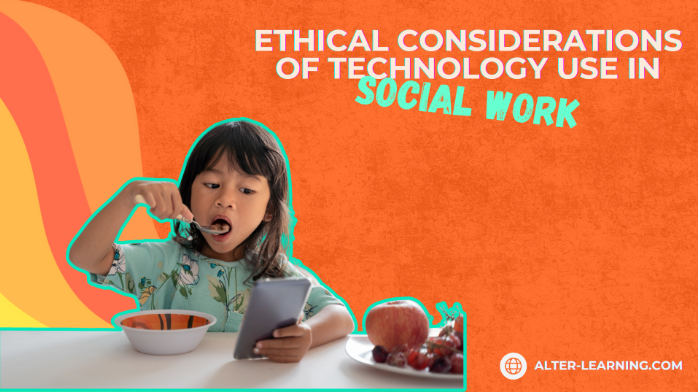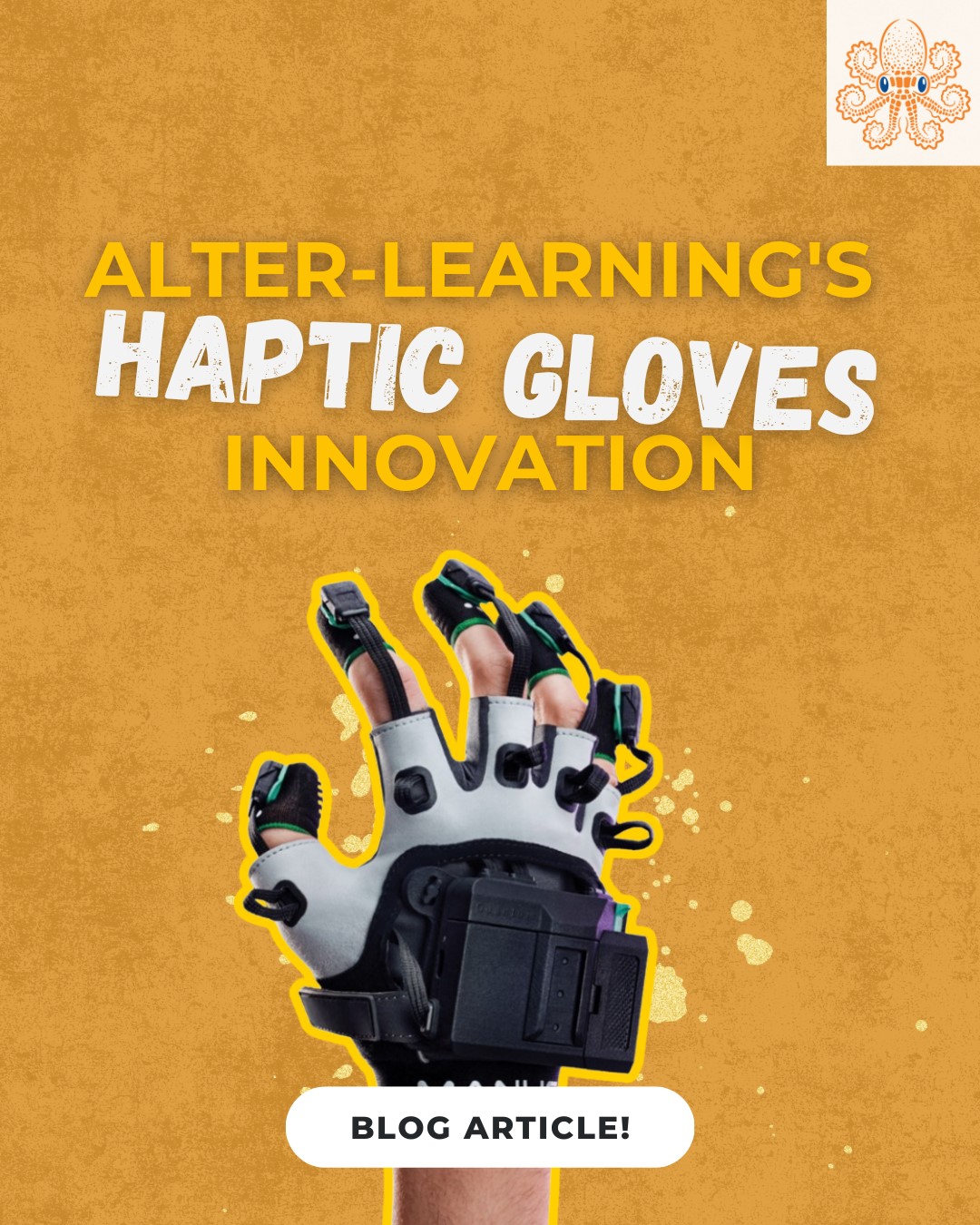As technology becomes more embedded in educational and therapeutic environments, social workers are increasingly turning to digital platforms, virtual tools, and data systems to support their clients. These technologies can enhance access, expand communication, and offer new methods of intervention—but they also raise important ethical questions.
For professionals whose work depends on trust, empathy, and safeguarding the vulnerable, integrating technology means more than mastering a new tool—it requires thoughtful consideration of how tech use intersects with privacy, equity, and professional responsibility.
In schools, family services, and youth programs, social workers must approach technology not just as a solution, but as a tool that demands ethical reflection at every step.
Why Ethics Matter in Tech-Based Social Work
Social work is grounded in principles like confidentiality, autonomy, dignity, and justice. When technology is introduced—whether it’s a digital wellness tool, a shared student dashboard, or a VR-based learning game—those principles must remain central.
Ethical concerns with tech use in social work may include:
- Equity of access, ensuring that students from all backgrounds can benefit from digital tools,
- Digital literacy, where both social workers and clients need training to use technology safely and effectively,
- Bias in algorithms, where automated systems may reinforce harmful stereotypes or inequities,
- Appropriate boundaries, especially when technology creates new modes of contact between professionals and clients.
Failing to address these issues doesn’t just risk technical errors—it can undermine the trust that defines effective social work practice.
Guidelines for Ethical Tech Integration
Navigating these challenges requires proactive decision-making and ongoing evaluation. Social workers can maintain ethical integrity in tech-enhanced environments by following these guidelines:
- Ensure accessibility by selecting platforms that offer support for multiple languages, visual impairments, and neurodiverse learners.
- Understand how the technology works—including what data is stored, who can access it, and how it’s secured.
- Collaborate with educators and IT teams to create shared expectations around digital safety, especially in school environments.
- Stay within scope by using technology as a support tool, not as a replacement for clinical or therapeutic intervention.
When in doubt, social workers can lean on established ethical frameworks—such as those from the NASW or ASCA—to guide their tech-related decisions.
How Alter-Learning Supports Ethical Use
At Alter-Learning, ethical responsibility is baked into the design philosophy. While the platform offers a wide range of immersive experiences, learning environments, and SEL tools, it does so with sensitivity to the needs of diverse users and the professionals who support them.
Features that align with ethical standards include:
- Multiplayer wellness environments designed for monitored use by educators or counselors—not for unsupervised communication,
- Adjustable accessibility options, including audio guidance, color contrast, and adaptive difficulty,
- Games like the Wellness Center that focus on self-awareness, emotional literacy, and confidence-building without storing private reflections,
- A design team that includes educators and specialists, helping ensure content aligns with best practices and respects student privacy and dignity.
These safeguards help social workers feel more confident in recommending Alter-Learning tools, knowing they’re not just engaging, but thoughtful and responsible.
Preparing Social Workers for the Ethical Tech Landscape
Ethical practice requires preparation. Social workers using educational or mental health platforms can benefit from:
- Ongoing training in tech ethics and privacy law,
- Cross-disciplinary collaboration with developers and educators to shape ethical tools,
- Institutional support to develop clear policies around digital engagement,
- Reflective practice, where professionals examine their own comfort, bias, or uncertainty around tech use.
Ultimately, ethics in technology isn’t about avoiding digital tools—it’s about using them in ways that protect, empower, and uplift those we serve.
Technology with Humanity at the Center
As technology becomes more integral to educational and emotional support systems, social workers have the opportunity to shape its use with compassion and care. Tools like Alter-Learning’s immersive platforms can expand the reach of support services—but only when implemented with thoughtfulness and ethical clarity.
By staying grounded in their core values and adapting intentionally, social workers can lead the way in creating digital spaces that are inclusive, respectful, and safe. Because in every format—whether in person or online—our responsibility remains the same: to support human growth with dignity and empathy.
Follow Alter-Learning for more insights into immersive education, edtech success stories, and the future of learning. Want to explore how VR/AR could transform your school or learning platform? Let’s connect.




